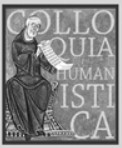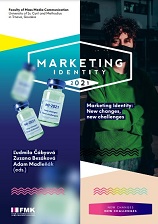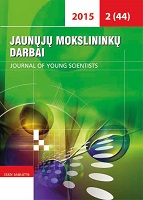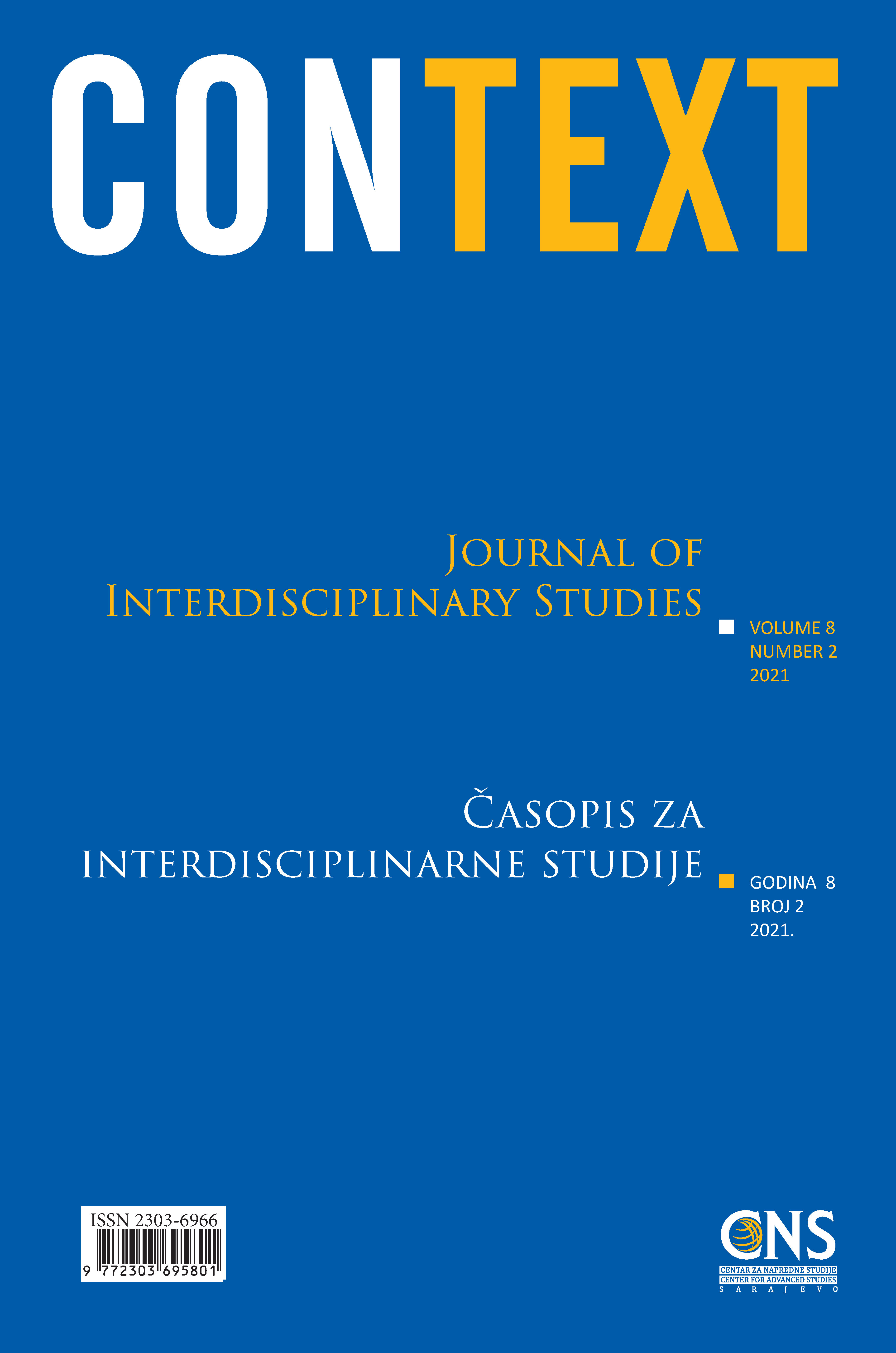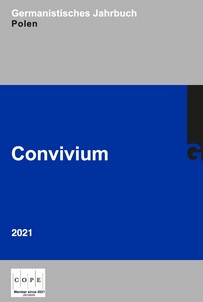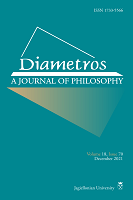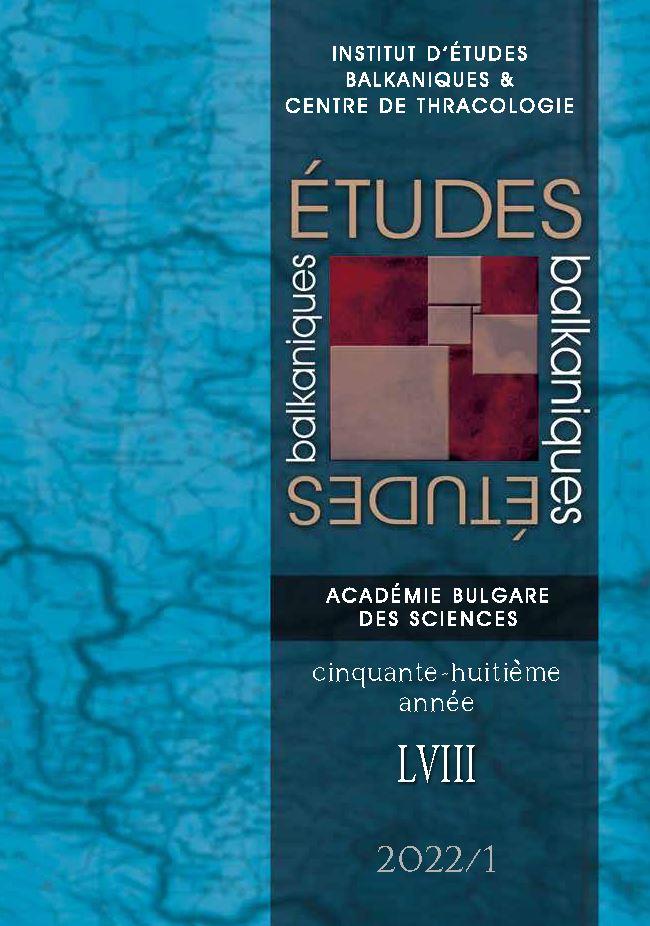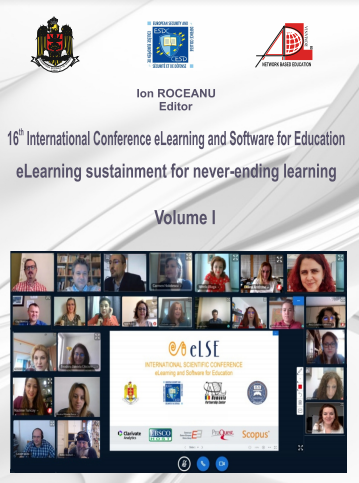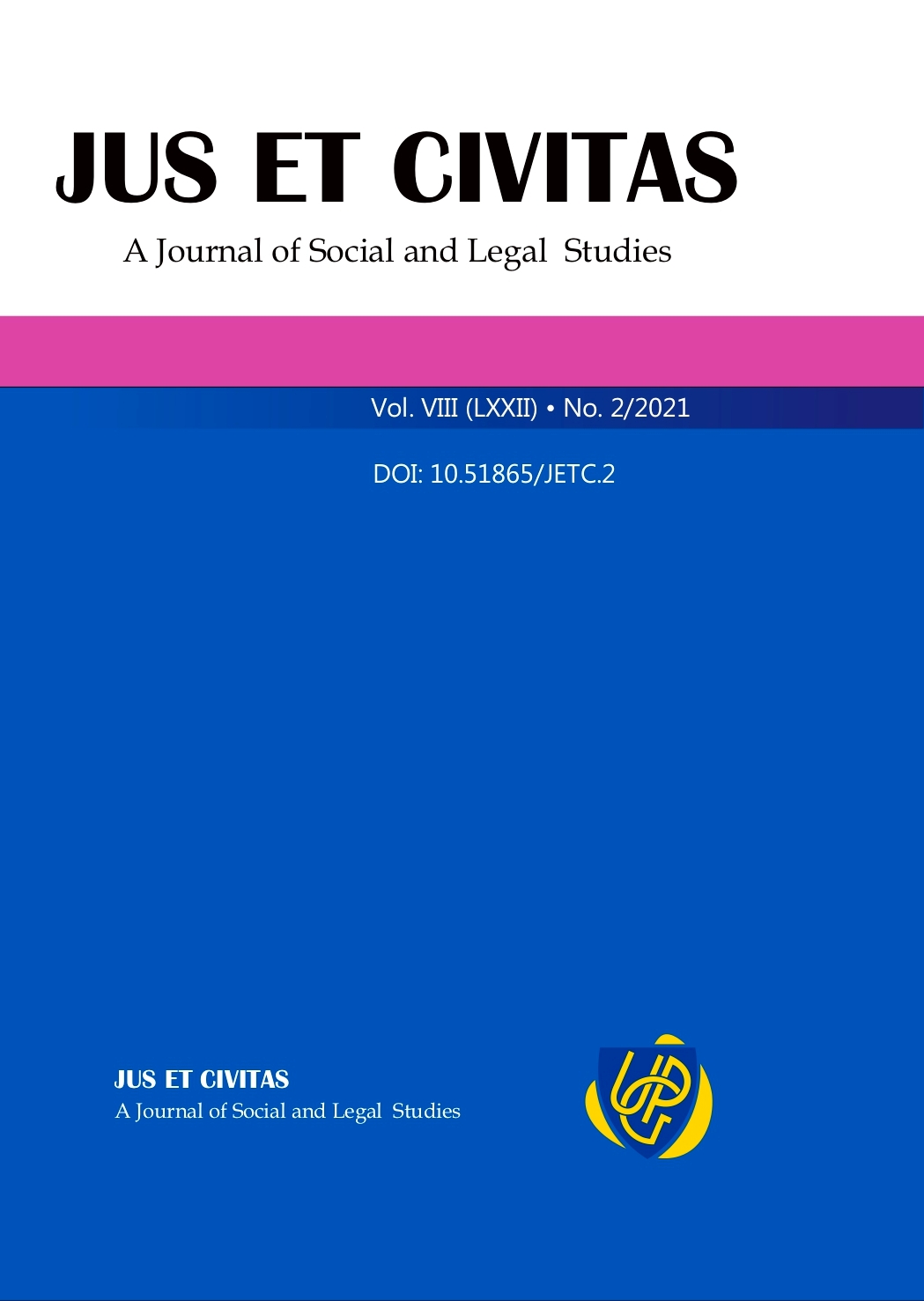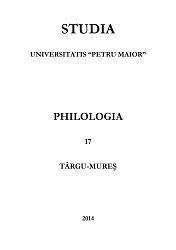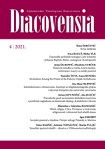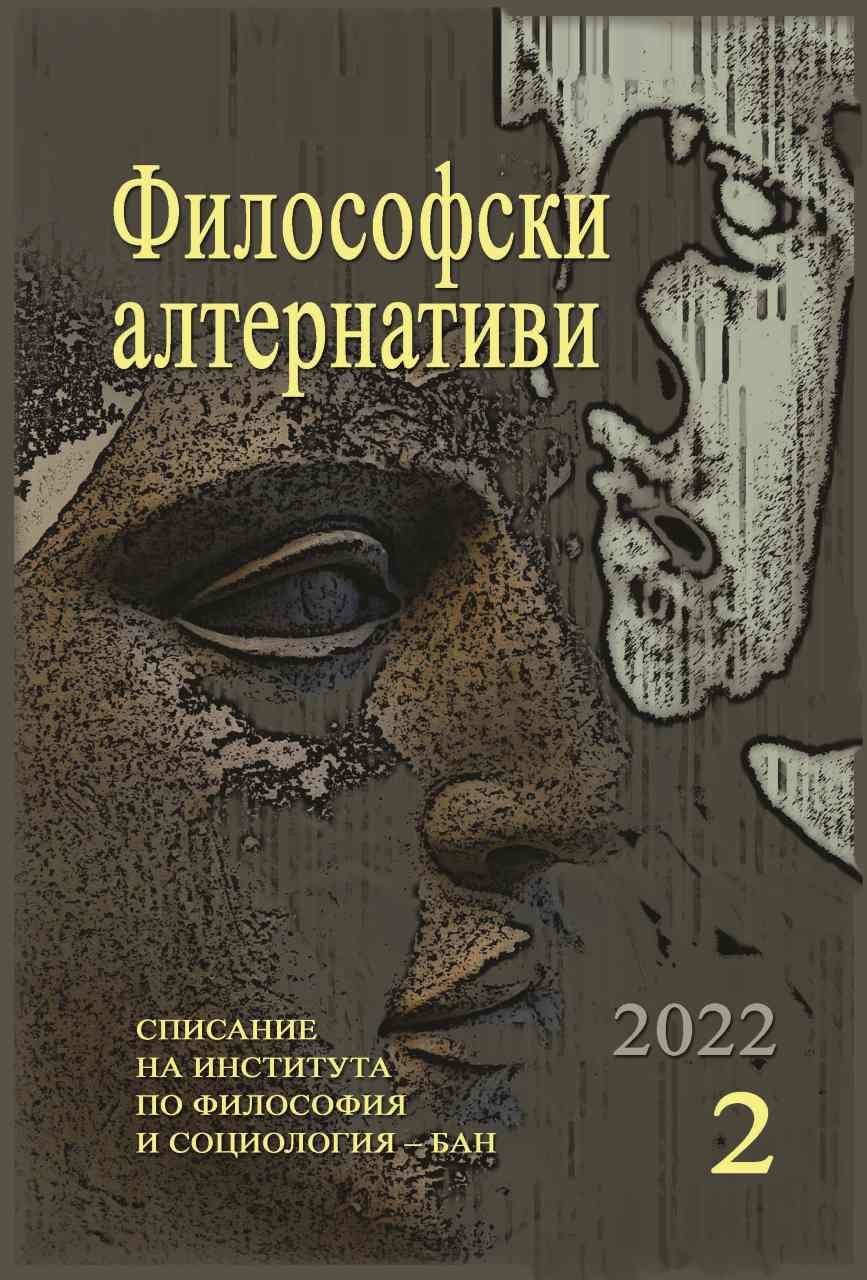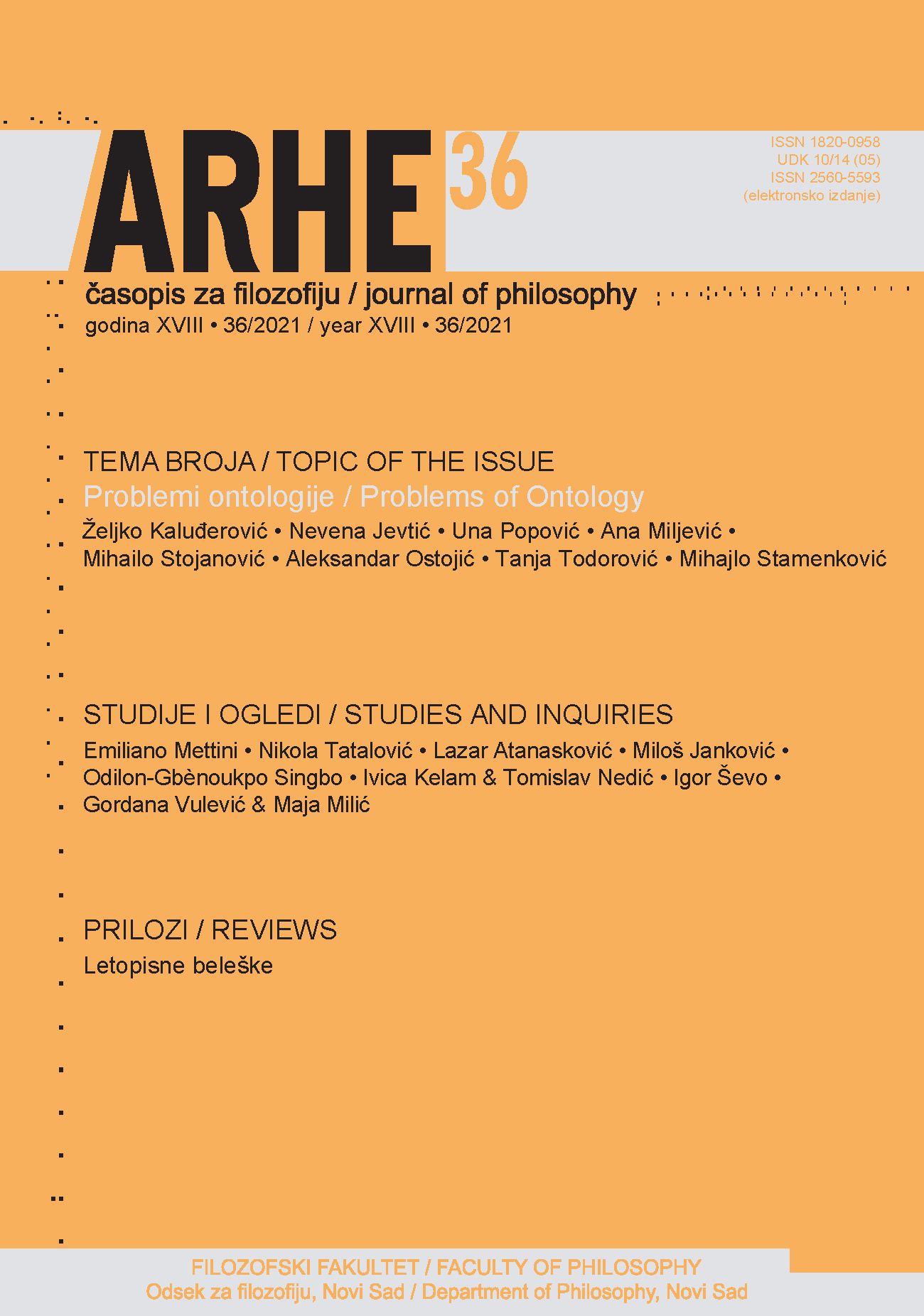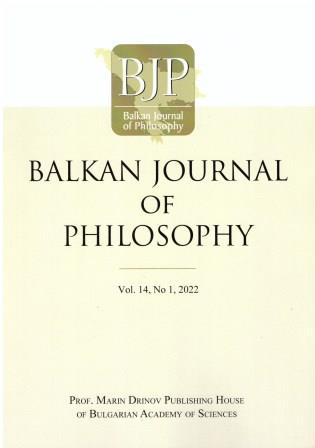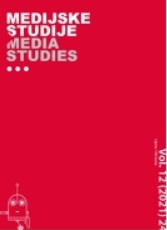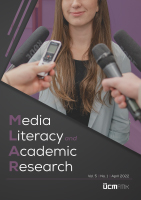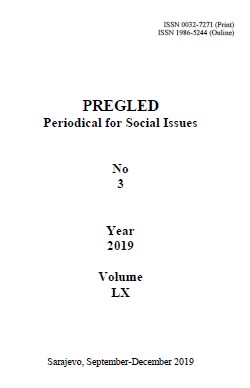
BOŠNJAK JURAJ DRAGIŠIĆ (SOCIJALNA I TEOLOŠKO-FILOZOFSKA MISAO)
Given that Juraj Dragišić, born in Srebrenica around 1445, is widely regarded as a Croatian theologian, philosopher and humanist in literature, this text asserts that Dragišić's place is in the historical world of Bosnian thinkers where he belongs. As the son of a Bosnian bosom, a Bosnian, Bosniak and Bosnian Franciscan friar, Juraj Dragišić should be included in the history of Bosnian social, political, philosophical and theological thought. After presenting the important dimensions of his biography and interpreting his literary oeuvre, Dragišić's axiological views are pointed out, for which he should be remembered and respected as an integral component of that history.
More...
